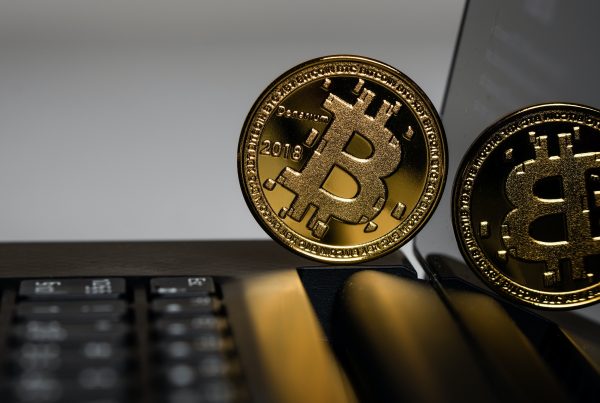
‘The Last-Mile’ refers to the final stretch a package must travel to reach the buyer’s home. This can be the most polluting leg of the journey due to fast deliveries requiring more vehicles with lower occupancy which increases greenhouse gas emissions. CMC’s and SRG’s study shows that India’s last-mile emissions per delivery of 285g carbon dioxide (gC0) are far higher than the global weighted average of 204 gCO2. Five Indian cities– Delhi, Mumbai, Kolkata, Bangalore, and Chennai – release more carbon dioxide from last-mile delivery than the total last-mile emissions of France or Canada.
The environmental damage goes beyond just carbon emissions. Single-use plastics and non-biodegradable packaging could create up to 10% more waste over the next decade according to this study.
India’s ultra-fast delivery apps are here to stay with India projected to become the 2nd largest online shopping community, with near 500-600 million shoppers by 2030. The Indian consumer has become accustomed to unprecedented convenience and therefore the delivery giants must find sustainable ways to keep the masses fed – and do so quickly.
Many of the biggest delivery companies in India are tackling this by putting sustainability at the forefront of their ethos. Zepto runs a ‘No Bag Delivery’ option, saving more than 90 million paper bags. Flipkart, India’s biggest online store, plans to transition its entire last-mile fleet to electric vehicles (EV) by 2030 as it aims to achieve net-zero emissions by 2040. In 2021 it announced the elimination of all single-use plastic packaging from its supply chain. Zomato, a food delivery service, has also pledged to go fully electric by 2030. The company had around 33,000 active electric vehicle-based delivery partners in November 2023.
These businesses are also expanding their number of dark stores and Micro-fulfilment centres (MFC). Dark stores and MFCs are relatively small, and sometimes automated storage facilities, not open to the public, that are peppered around cities. Using these can cut carbon emissions by greatly reducing the need for long-haul transportation. This system is how India’s delivery apps offer lightning-fast deliveries with a reduced carbon cost. A report in the Indian Economic Times claims that Flipkart’s quick commerce unit, Minutes, expects to have 800 dark stores by the end of 2025. Swiggy Instamart has 700 dark stores as of December 2024, while Zepto reached 900 dark stores in January 2025. Blinkit has over 1,000 dark stores across India.
While these companies aim to lead with green solutions, it’s inevitable that these giants also have negative effects. These dark stores are often unregulated and have been accused of storing items in unhygienic conditions. The Food Safety and Standards Authority of India (FSSAI) issued an advisory report to enhance compliance with food safety norms for e-commerce food business operators, on December 3, 2024. This is after a LocalCircles survey found that 35% of users couldn’t find the expiry date on products across multiple apps and platforms. The Telangana food safety task force also found the premises of a Blinkit dark store to be “disorganised, unhygienic and dusty”.
The rise of ultra-fast delivery has also contributed to the decline of the local corner shop economy, with hundreds of thousands of neighbourhood stores across cities closing. The municipal body of Chennai estimated that 20% of small grocers had shut down in the city over the last 5 years. As simple daily interactions like chatting with the vegetable vendor disappear, people face the growing threat of being lonelier than ever in the biggest cities worldwide. However, the convenience of online deliveries has made the daily shop far more accessible to those with disabilities or elderly people who may be unable to leave the home.
Good or bad, India’s start-ups have cracked the code to rapid delivery and the service is not going anywhere. A World Economic Forum report found that demand for last-mile delivery is soaring, expected to grow by 78% globally by 2030 with a 10% per annum growth in instant delivery. CMC’s and SRG’s report found that heightened e-commerce activity will contribute to a total emission of 16 crore tons of CO2 in the next 8 years globally. With India’s e-commerce sector predicted to become the world’s second-largest by 2030, it’s essential that delivery services put the planet before profits.



